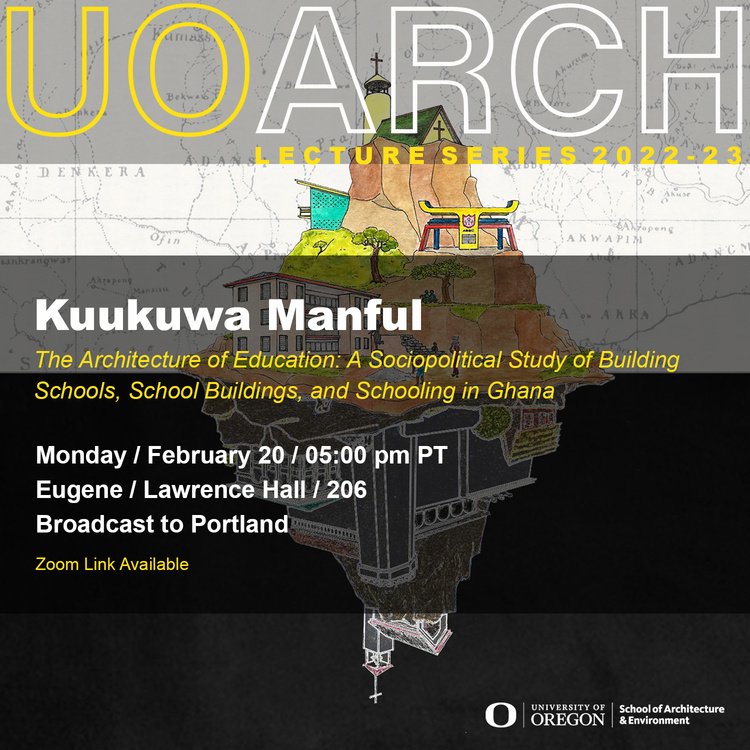
Blog
'Informal' Modernisms at Docomomo 2024
Initially overlooked by many historians of modernism, these ‘informal’ settlements have recently been examined by certain historians with calls for their inclusion in the historical heritage of modernism. Some have asserted that, given the striking commonality (some might even say universality) of their material and spatial strategies, these should be included in the ‘international style’(Elleh, 2011, p. 59; 2014). How can we understand these ‘city doubles’ (Murray, 2015, p. 92) – one group designed from scratch and built primarily according to a master plan and the other challenging the master plan? Or how might we complicate hegemonic narratives of new cities and modernist master planning through multidisciplinary approaches, and creative uses of sources? How have these projects addressed social disparities, or otherwise? And how might re-examining histories and narratives inform the continued quest for sustainable and equitable cities?
Against Colonial Architectural Logic at JBSC Conference
But what is generalised as informal architecture and urbanism includes not just marginal constructions such as ‘slums’, ‘kiosks’, and ‘shacks’ but also a vast assortment of carefully constructed and capital-intensive buildings created outside the purview of professional institutions and governments such as shopping complexes, factories, and mansions. Indeed, I contend that this latter group makes up a significant proportion of this informal category and, thus, a substantial portion of the African built environment. Focusing on the case of present-day Ghana, in this essay, I show how a significant proportion of the African built environment has been misunderstood in academic research and overlooked as ‘informal’, distorting research and policies around architecture and urbanism on the continent.
Top Read Article: “Invented Modernisms”
“Invented Modernism: Getting to Grips with Modernity in Three African State Buildings” by Manful, Batsani-Ncube & Gallagher, was recognised as one of the top read articles in the first year of publication by Wiley.
Building Africa Exhibition: London
"Building Africa" tells compelling stories about political institutions and identities across the continent, using architectural landmarks such as presidential palaces, courts, parliaments, schools, sports stadiums, airports, and the African Union building.
Video: ‘Building the nation and constructing class: the architecture of education in Ghana’ at SOAS, University of London
In this talk, Kuukuwa puts forward the construction of social class hierarchies as an ironic and unexpected outcome of the post-independence nation-building in Ghana…
Video: ‘Building African Futures’ at the 2023 Venice Biennale
Panel discussion about the interaction of citizens with state buildings at the 2023 Venice Architecture Biennale curated by Prof Lesley Lokko.
Award: 2023 ASA Graduate Student Paper Prize
Kuukuwa Manful has won the 2023 African Studies Association Graduate Student Paper Prize for her article titled “Building Classes: Secondary Schools and Sociopolitical Stratification in Ghana”
BBC Podcast - “Rammed earth: What is it and can it help tackle climate change?”
“Architect and academic Kuukuwa Manful explains the history of rammed earth and how European colonial authorities discouraged indigenous African building styles.”
From Michigan to Ghana to Michigan: Architecture as Culture, Collaboration, and Community
Kuukuwa Manful joined Taubman College as an assistant professor of architecture in the fall of 2023, but her connection to the college goes back much further. As a student at Kwame Nkrumah University of Science and Technology (KNUST) in Kumasi, Ghana, she came to Taubman College in 2008 as part of the UM-KNUST West African Design Studio Exchange — StudioAFRICA. Soon, Professor Manful will be starting a new chapter in the legacy that the program began.
Venice architecture biennale: how pioneering Ghanaian architects reckoned with tropical modernism
As scholars, practitioners and visitors from around the world turn to architecture on the African continent, they must be careful not to treat it as a blank slate in the way previous generations did. Africans have been creating, studying, teaching, and documenting architecture in Africa since time immemorial. Their work matters.
On (Un)formalisation: The Regulation of Architecture in Ghana
In this paper, I discuss the formalisation, regulation and bureaucratic control of architecture and the people who build in the Gold Coast and Ghana through a concept that I term unformalisation.
Award: Scott Opler Graduate Student Fellowship
Kuukuwa Manful was awarded the Scott Opler Graduate Scholar Fellowship to deliver a paper at the Society of Architectural Historians' 76th Annual International Conference in in Montréal, Canada, April 12–15, 2023.
Featured in ‘The Republic’
“Ghanaian architect, Kuukuwa Manful, hopes her work re-evaluate the discourse and study of African architecture…”
BBC: “The Student Putting Ghana’s Lost Archives Online”
Kuukuwa Manful is undertaking a project to digitise one of Ghana's archive stores that mostly contains old planning permissions and blueprints.



















